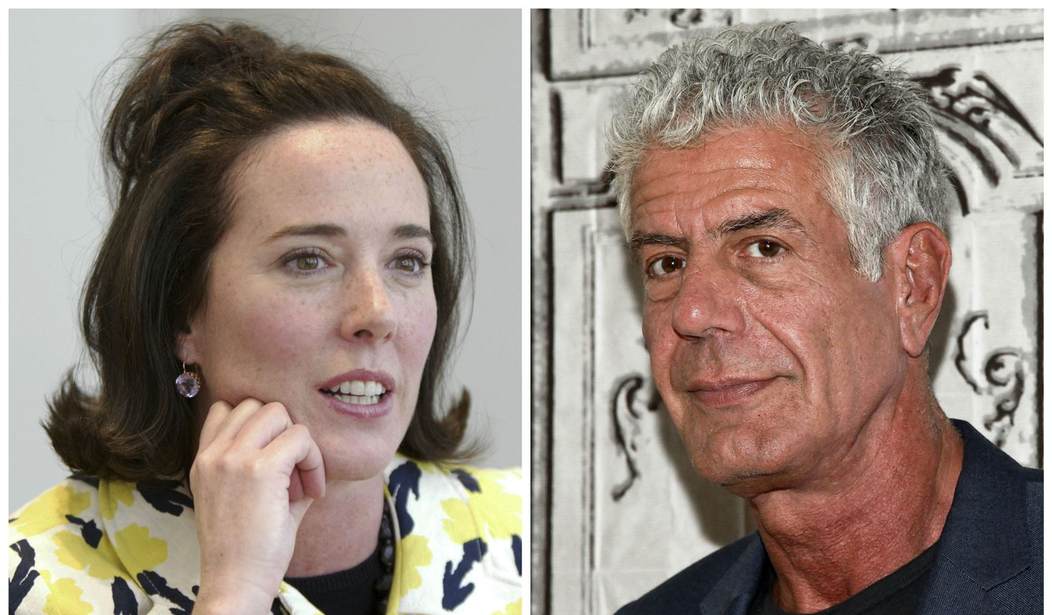On May 12, 1915, Clifford G. Peiffer walked down East Lacock Street on Pittsburgh's north side with a note in his pocket, sadness in his heart and determination in his step.
Earlier that morning, he had told his wife, Katherine, not to bother with cleaning the house. Later, according to a report, he told an acquaintance on the street that he was going to kill himself.
At 3:45 p.m., he turned onto the Sandusky Street Bridge and leapt into the Allegheny River that was swollen from heavy spring rains. His body was found less than three hours later.
Before he leapt, he left his coat and hat in a box on the bridge with a note in the coat pocket that read, "Report this to 1215 Esplanade Street."
It also said: "The world does not, and progress cannot rejuvenate failure. Hence the removal."
The only other thing found in his pocket was a single penny.
He left behind two children, Catherine, 19, and Henry, 12.
Three generations later, my great-grandfather's suicide is still impacting my life.
I distinctly remember the moment my mother told me about the family secret. I was a teenager and she let me know with the firmness and compassion only a mother possesses, that the choice her grandfather made was one nobody should ever face.
Not only did it rob him of his life; it delivered countless blows to his immediate family. His children lost their father; they lost their home. My great-grandmother was forced to become a boarder who worked three backbreaking jobs to make ends meet, but it wasn't enough. When my grandfather was 12 years old, he was forced to quit school to help support the family.
Recommended
Despite never meeting him and despite my grandfather never speaking of it, three generations later, Clifford's decision shaped who I became. Not because it was something I ever considered doing, but because I felt the importance of looking for signs of hopelessness and despair in the people I knew.
The suicides of celebrities often perplex the rest of us. Both fashion designer Kate Spade and celebrity chef Anthony Bourdain appeared on the surface to have it all in terms of success -- money, fame and respect from their peers.
But despair doesn't care if you have money; it doesn't care if you have adoring fans; and it doesn't care if people respect you, because it strikes from within.
And when we miss the signs, it leaves us thunderstruck.
Clifford Peiffer never knew he would have a great-granddaughter. He could not see his own life fulfilled, let alone the potential of the lives he left behind. Yet what he did remains at the core of who I am.
His suicide taught me that whoever you interact with in your daily life -- whether it's the cheerful mailman who arrives promptly at 11:45 every morning or the gruff neighbor I pass every day on my walks or the nasty troll on social media -- I should always be aware that behind that smile there might be pain.
This is becoming an increasingly common problem. Last week, the Centers for Disease Control and Prevention revealed that the national suicide rate rose by nearly 30 percent from 1999 to 2016.
You never know what someone is going through, which means as a society we need to be kinder and less self-centered. We need to look at the people around us. Have their habits changed? Have they lost or gained weight rapidly? How hard did they take that breakup? How are they doing since they lost their job? Are they missing their kids since they moved out? When is the last time you visited with someone instead of texting them?
In no way does this mean anyone in Bourdain's or Spade's life didn't pay attention to the signs. My own great-grandmother, later quoted in the Pittsburgh Daily Post, was blindsided by Clifford's death.
"He did not seem to me to be on the point of killing himself," she said. "When he left home, he was apparently in the best of spirits."
But there are others who give us clues that something is not right.
In those hints, we need to be a caretaker of our fellow man. It's an obligation that far exceeds simple, dispassionate texts like "How are you doing?"

























Join the conversation as a VIP Member